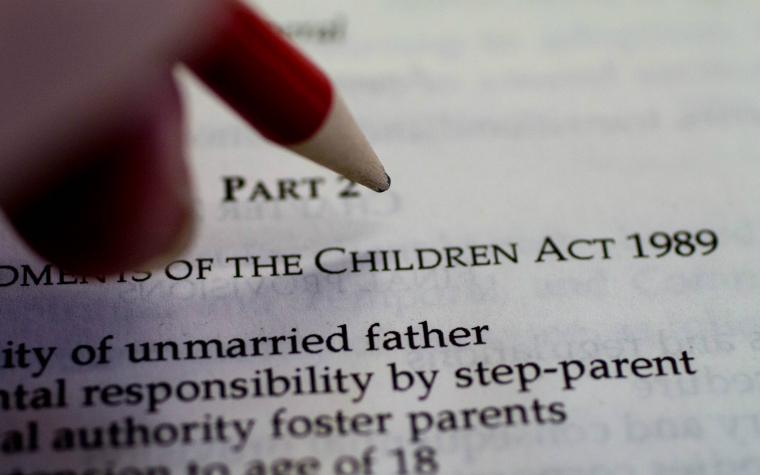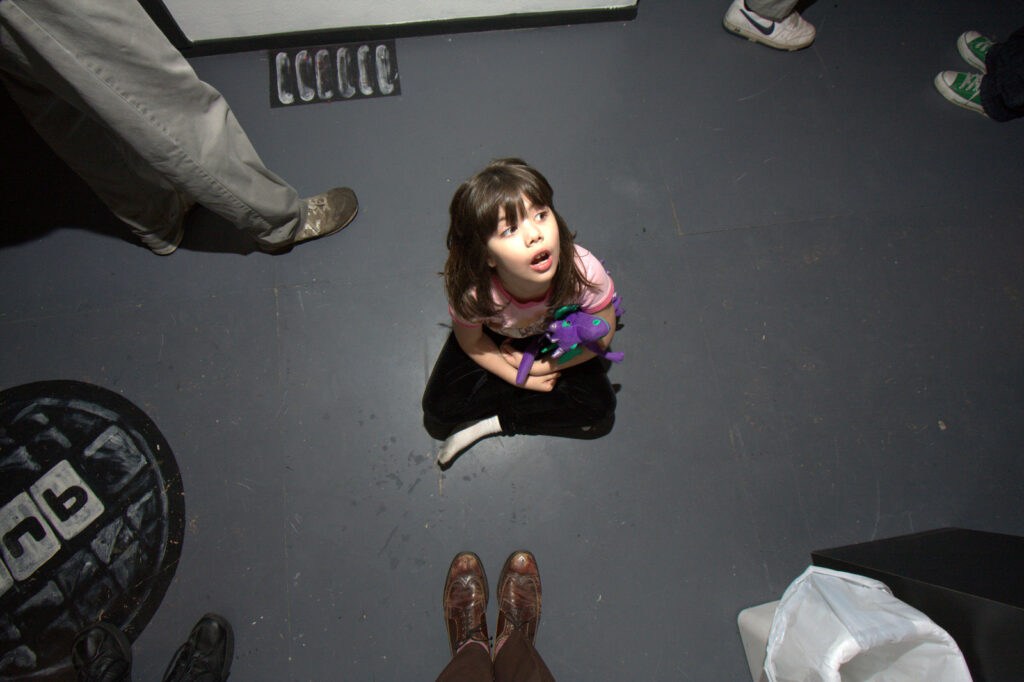Section 20
Section 20 of the Children’s Act holds a pivotal role in safeguarding and supporting children in need of care and protection. Whether you’re a concerned parent, a professional working in child services, or an individual seeking to understand your rights and responsibilities, our guide aims to demystify the complexities surrounding Section 20 and point you in the right direction if you’re in need of legal assistance for matters concerning this statute.
Request A Free Consultation
What is a Section 20?
Section 20 is a reference to Section 20 of the Children Act 1989, which sets out the accommodation the local authority can provide if a child is lost, abandoned, does not have a carer or is being cared for by a person unable to provide suitable accommodation or care.
Section 20’s main contribution is “voluntary accommodation,” where a child’s carer can give up a child to the local authority. The rule appears to give parents power, but many find themselves with no alternative, particularly if staying away from children is a part of their police bail conditions.
Section 20 is a critical tool local authorities use to protect the welfare of children who may not have sufficient parental support. Officials aim to acquire parental consent if taking a child into their care through cooperative arrangements with anyone with “parental responsibility.”
If the local authority does take over the parental responsibilities of a child, it must provide suitable accommodation for their needs and well-being. Any decision they make should reflect the child’s age, background, and unique characteristics.
When serving a Section 20 to existing parents, local authorities must inform them of the full implications of the process. For instance, officials must tell parents about their rights and responsibilities and ensure they can access legal advice if required.


How Long Can A Child Stay On Section 20?
In many cases, Section 20 accommodation is short-term. Local authorities do not want to be responsible for children long-term. With that in mind, parents (if they exist) should develop a plan to enable their kids to return home. Parents can do this with the help of local authorities and independent legal advice.
How long a child stays on Section 20 can vary considerably, depending on the situation. Local authorities often advertise the scheme as lasting just a few days or weeks, but it can drag on for months if they decide to perform assessments.
Ideally, parents would enlist the help and support of a solicitor. If they don’t, parents can remain separated from their children for longer than they would like. Caregivers may not be able to bring their children home and feel in a state of limbo.
Whether a local authority can retain parental responsibilities for children is fundamentally the parents’ right, according to the law. In other words, if parents request the local authority return their children, officials must oblige. If they want to stop the procedure, officials must seek an interim care order (IPO) and demonstrate that it is unsafe for the child to return home.
Therefore, parents wanting to retain custody of their children should seek legal advice. Solicitors can provide insight into proper care plans and how to negotiate proceedings and paperwork.


